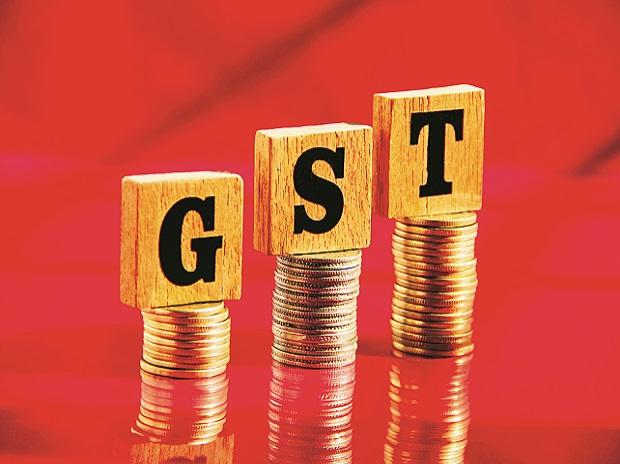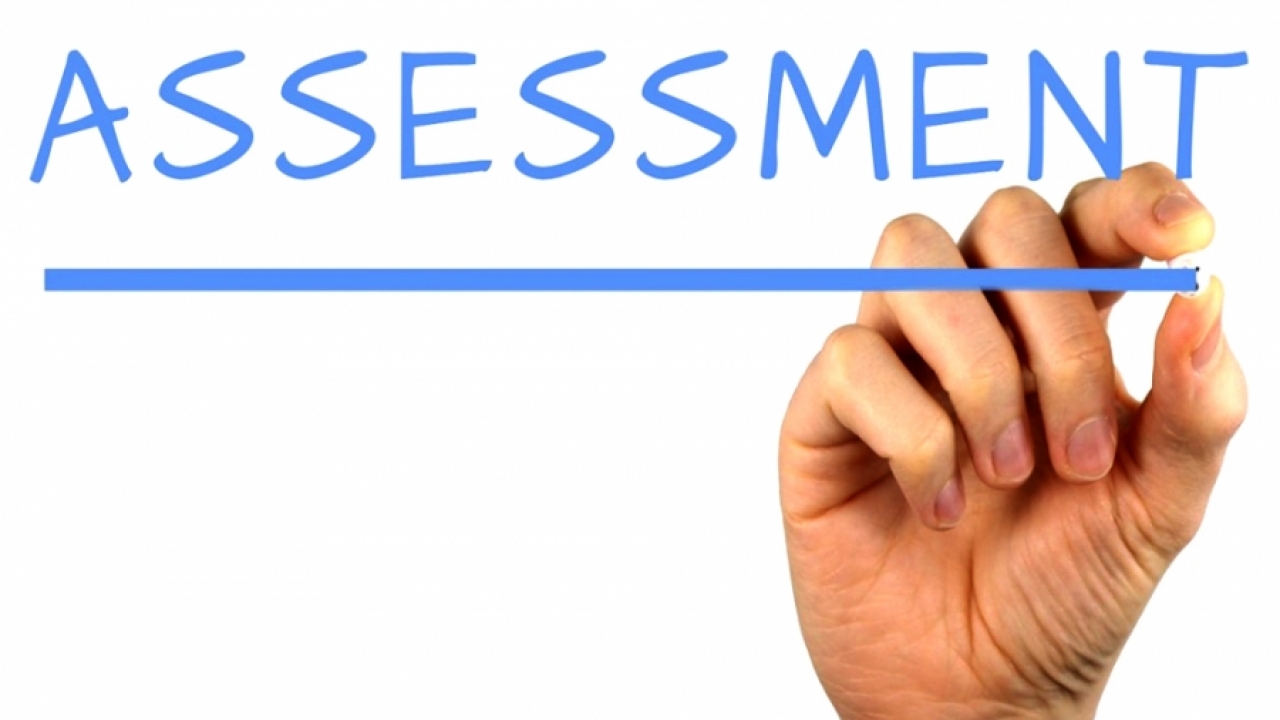Indian tax authorities are looking into possible instances of under-invoicing by businesses importing goods from China after finding a sizable difference in the data sourced from the two countries. Invoiced imports into the country are substantially less than exports to India from China.
Customs authorities have issued notices to 32 importers from the last week of September for suspected tax evasion of about Rs 16,000 crore through under-invoicing from April 2019 to December 2020.
“The investigation has revealed many instances of under-invoicing, specifically from China, and we have already sent notices to 32 importers for under-invoicing and suspect tax evasion to the tune of Rs 16,000 crore,” a senior government official told ET without revealing any names. More such notices are likely to be sent out in the coming days, the official said.
These imports largely involve electronics goods, gadgets, and metals, the official said.
Typically, importers under-invoice goods to save on customs duty. The government has imposed import duties on electronic goods and mobile phones among others to encourage domestic production.
The higher levy has encouraged duty evasion through under-invoicing.
As per official data, India imported $79.16 billion worth of goods in the first nine months of 2022. On the other hand, China’s General Administration of Customs showed that the country’s exports to India stood at $89.99 billion in the same period, a gap of over $10 billion.
The gap has increased with each passing year. In the calendar 2019, India’s import from China was $68.35 billion, while China’s data showed exports at $74.92 billion, a gap of about $6 billion, which increased to $8 billion in 2020 and $10 billion in 2021.
The industry has played down the gap saying this was mostly because of the time lag in the delivery of consignments and transactions on the high seas and not much should be read into it.
“The difference can be attributed to the lag between the time when the shipments start from China and reach India, which can be two months,” said Ajay Sahai, director general of the Federation of Indian Export Organisations. “Also, many transactions happen in the high seas when the consignments meant for India are diverted to some other countries.”
Source: economictimes.com
*****
Don’t miss the next Tax Update / Article / Judicial pronouncement
Subscribe to our newsletter for FREE to stay updated on GST Law
Resolve your GST queries from national level experts on GST free of cost
TW Editorial Team comprises of team of experienced Chartered Accountants and Advocates devoted to spread the knowledge of GST amongst the various stakeholders.




